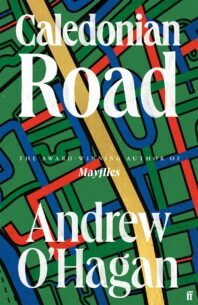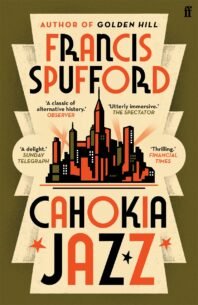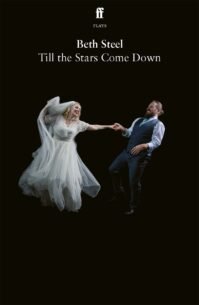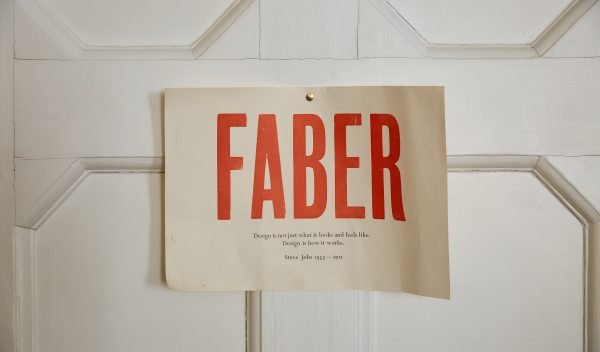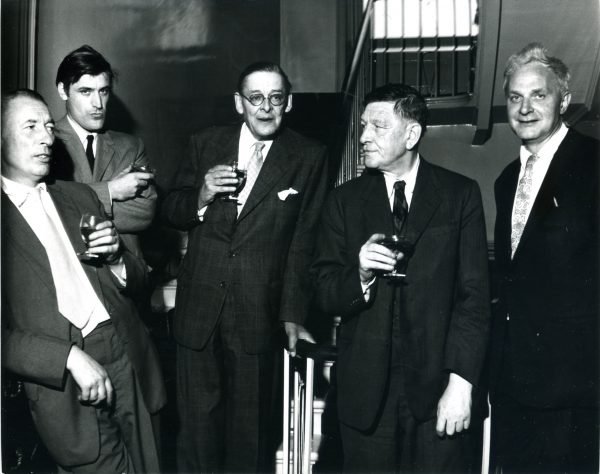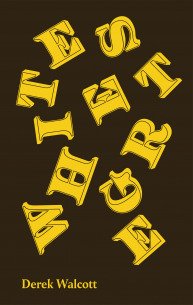


Putting On A Faber Play
If you have read a play published by Faber and wish to perform it, then the first step is to get permission to perform.
How do I get permission to put on a play?
If you are intending to perform a play, it is essential that you ensure that you have the rights to do so before rehearsals begin. For most Faber and Faber authors, the agents control the performing rights so they are the best people to contact in the first instance (agents should be listed on the copyright page at the beginning of the published play-text). The notable exceptions where we do control performing rights are in the cases of Ted Hughes and Seamus Heaney’s work.
Faber also control amateur rights in the only permitted theatrical adaptation of Lord of the Flies by William Golding (adapted by Nigel Williams). See this page for our standard terms.
On this page you will find contact details for authors we publish.
We are an amateur group, do we still need to apply for permission to perform?
Yes! It is essential that you get permission, even if you are just intending to do a reading of the play or if it is going to be performed or put on for free. Not only is this a legal obligation, but it is through royalties that playwrights make their living.
The difference for Amateur productions, however, is that the rights are often controlled by a separate agency – Samuel French Ltd. On this page you will find a list of plays by many different authors, listed alphabetically, for which Samuel French controls the rights. If you are an amateur group please take the time to check whether your play is on this list. It will save you time in the long run.
Are there any exceptions?
Yes. Some plays are in the public domain, such as those by Shakespeare. But don’t assume that a play is an exception just because the author is dead – often the rights are controlled by his or her estate. Also beware of plays that have been adapted or translated into English from another language – in these cases the translator may have to give permission to perform.
Because Faber deals with new work written or translated in the last hundred years, exceptions are very rare.
